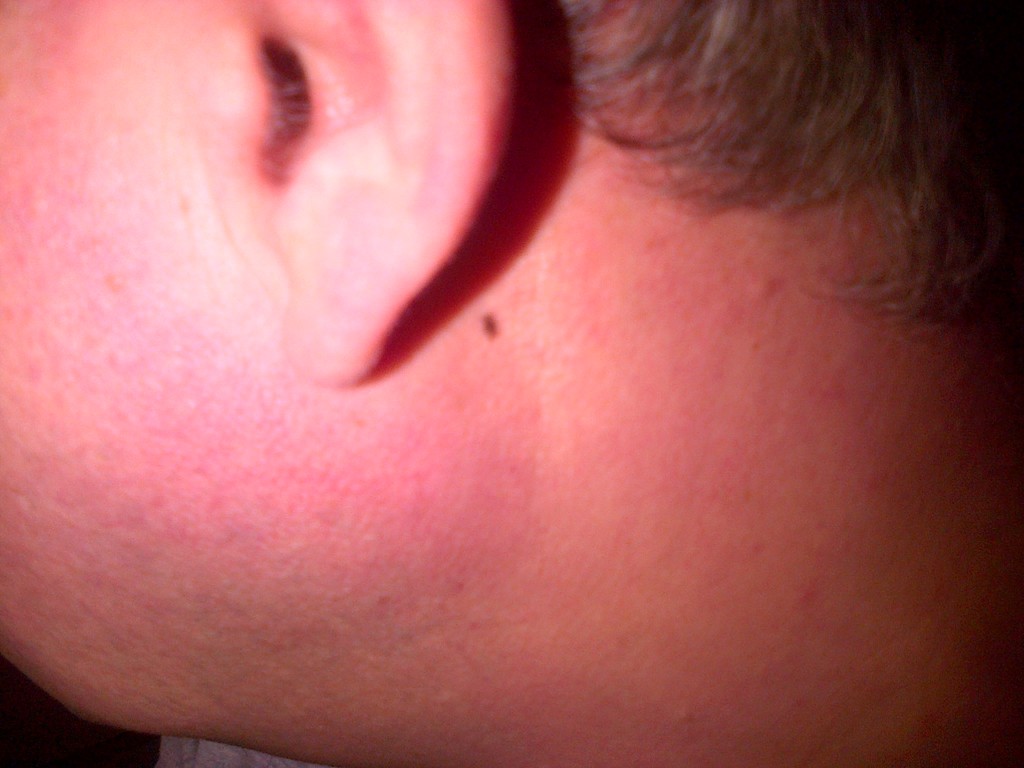
– Ahead of the annual World Hearing Day (3 March), the World Health Organization (WHO) has launched “hearWHO”, a free application for mobile devices which allows people to check their hearing regularly and intervene early in case of hearing loss. The app is targeted at those who are at risk of hearing loss or who already experience some of the symptoms related to hearing loss.
Among those who will particularly benefit from this new tool include people who are often exposed to high levels of sound, such as those who listen to loud music or work in noisy places; people who use medicines that are harmful to hearing; and people aged above 60 years. Symptoms indicating the onset of hearing loss include a ringing sensation in the ear, known as tinnitus; frequently missing parts of a conversation; or a tendency to increase the volume of television, radio or audio devices.
Early detection of hearing loss is crucial to identify risky behaviors that need to be changed and ascertain the most appropriate intervention needed to address hearing loss. Such interventions are identified by hearing care professionals and can range from captioning and sign language to hearing aids and cochlear implants. Interventions to prevent, identify and address hearing loss are cost-effective.
“Many people with hearing loss are unaware of it and as such they miss out on educational, professional and everyday-life opportunities,” said Dr Etienne Krug, Director of the WHO Department for the Management of Noncommunicable Diseases, Disability, and Violence and Injury Prevention. “Regular hearing checks ensure that hearing loss is identified and addressed as early as possible.”
The hearWHO app is based on a validated digits-in-noise technology: users are asked to concentrate, listen and enter into their mobile devices a series of three numbers when prompted. These numbers have been recorded against varying levels of background sound, simulating listening conditions in everyday life.The app displays the users’ score and its meaning and stores the outcome of the test so that the user can monitor hearing status over time. Reminders to take the test regularly can be set by users. The app can be used by individuals as well as health providers with a view to facilitating hearing screening especially in low-resources settings.
“Above all, this app will help us increase awareness of the importance of ear and hearing care,” said Dr Shelly Chadha, WHO Technical Officer. “Once lost, hearing does not come back. Through World Hearing Day, and with the support of this app, we encourage people to ‘Check your hearing!’ in order to help preserve this valuable gift that helps us to enjoy life.” Over 5% of the world’s population – or 466 million people – have disabling hearing loss (432 million adults and 34 million children). It is estimated that by 2050 over 900 million people – or one in every ten people – will have disabling hearing loss. Globally, hearing loss which has gone unaddressed poses an annual cost of US$ 750 billion.
RELATED LINKS
hearWHO:
https://www.who.int/deafness/hearWHO/en/
World Hearing Day 2019
https://www.who.int/deafness/world-hearing-day/2019/en/
Prevention of deafness and hearing loss



